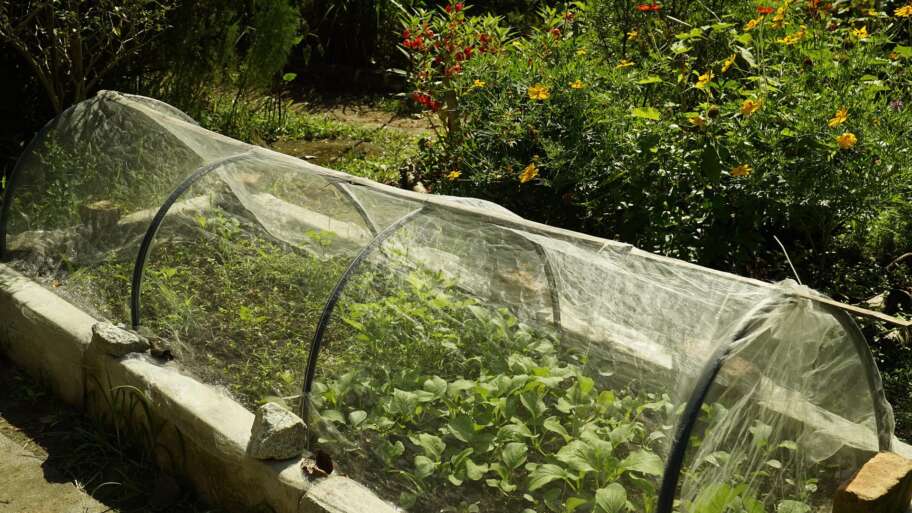If you’re a city dweller, do you wish you had enough room for a garden? Do you want to bring the people of your local neighborhood together by digging in the dirt? Then you might want to start a community garden. You can ask your neighbors to rent a garden plot or raise funds to start your urban garden. Whatever…



